Whose It Ends With Us Book Review
Related Articles: Whose It Ends With Us Book Review
Introduction
In this auspicious occasion, we are delighted to delve into the intriguing topic related to Whose It Ends With Us Book Review. Let’s weave interesting information and offer fresh perspectives to the readers.
Table of Content
Whose It Ends With Us Book Review

While a book review by Roger Ebert on Colleen Hoover’s "It Ends With Us" is not available, this article delves into the themes and elements of the novel that might have resonated with the renowned film critic. We’ll explore the story’s poignant portrayal of love, loss, and abuse, examining how these elements might have captured Ebert’s attention and resonated with his critical perspective.
Understanding the Narrative:
"It Ends With Us" is a deeply moving story about Lily Bloom, a young woman navigating the complexities of love and life. She finds herself drawn to Ryle Kincaid, a charming neurosurgeon, but their passionate relationship is shadowed by Ryle’s volatile temper and controlling tendencies. Lily’s past, marked by an abusive relationship with her father, further complicates her journey as she grapples with the patterns of love and violence that have shaped her life.
Themes of Love, Loss, and Abuse:
Ebert was known for his insightful commentary on human relationships and the complexities of love. "It Ends With Us" offers a nuanced exploration of these themes, showcasing the allure of passionate love alongside the devastating consequences of abuse. The novel delves into the emotional rollercoaster of a toxic relationship, highlighting the insidious nature of control and manipulation. It explores the psychological impact of abuse and the challenges of breaking free from harmful patterns.
Lily’s Journey of Self-Discovery:
Lily’s journey is one of self-discovery and resilience. She confronts the trauma of her past, challenging the ingrained beliefs that have shaped her perception of love and relationships. As she navigates the complexities of her present relationship, Lily embarks on a path of healing and empowerment, learning to prioritize her own well-being and set healthy boundaries.
Ryle’s Complex Character:
Ryle’s character is multifaceted and deeply flawed. He embodies the allure of passionate love but struggles with a dark side fueled by anger and control. The novel explores the complexities of human nature and the capacity for both love and violence to coexist within a single individual.
Exploring the Narrative’s Impact:
While Ebert’s review is not available, we can speculate on how he might have approached the novel. His focus on character development and emotional resonance would likely have led him to appreciate the depth and complexity of Lily’s character and the nuanced portrayal of Ryle’s internal struggles. He might have also commented on the novel’s ability to evoke powerful emotions, prompting readers to reflect on their own experiences with love, loss, and abuse.
Related Searches:
Here are some related searches and how they relate to the potential content of a hypothetical Ebert review:
- "It Ends With Us" reviews: This search would lead to a wide range of reviews, highlighting the novel’s popularity and its impact on readers. Ebert might have referenced other reviews, comparing his perspective to the broader critical reception.
- Colleen Hoover books: This search would reveal Hoover’s extensive body of work, including other novels that explore themes of love, loss, and relationships. Ebert might have drawn comparisons between "It Ends With Us" and Hoover’s other works, exploring her signature style and recurring themes.
- Books about domestic violence: This search would lead to a collection of novels and non-fiction works addressing the complex issue of domestic violence. Ebert might have discussed how "It Ends With Us" fits within this genre, examining its portrayal of abuse and its potential to raise awareness about the issue.
- Books about love and loss: This search would reveal a vast selection of novels exploring the complexities of love and loss. Ebert might have compared "It Ends With Us" to other novels in this genre, analyzing its unique approach to these universal themes.
- Books about self-discovery: This search would lead to books that focus on characters navigating personal growth and self-discovery. Ebert might have commented on Lily’s journey of self-discovery, highlighting the novel’s ability to resonate with readers facing similar challenges.
- Books about trauma: This search would lead to novels and non-fiction works exploring the impact of trauma on individuals and relationships. Ebert might have discussed how "It Ends With Us" addresses the lasting effects of trauma, particularly in the context of Lily’s past and present relationships.
- Books about relationships: This search would reveal a wide range of novels exploring the dynamics of relationships, from romantic love to family bonds. Ebert might have analyzed the complexities of Lily and Ryle’s relationship, examining the power dynamics and the emotional rollercoaster they experience.
- Books about forgiveness: This search would lead to novels and non-fiction works exploring the concept of forgiveness and its role in healing. Ebert might have discussed how "It Ends With Us" addresses forgiveness, both for oneself and others, in the context of Lily’s journey of healing and growth.
FAQs:
Here are some FAQs that might arise in relation to a hypothetical Ebert review of "It Ends With Us":
Q: Would Ebert have enjoyed the novel’s romantic elements?
A: Ebert was known for appreciating films that explored the complexities of love and relationships. While he might have been critical of the novel’s more melodramatic aspects, he likely would have appreciated the emotional depth and the realistic portrayal of the complexities of love and attraction.
Q: Would Ebert have been critical of the novel’s depiction of abuse?
A: Ebert was known for his insightful commentary on social issues and his willingness to engage with complex themes. He might have been critical of the novel’s portrayal of abuse, but he would likely have also recognized its potential to raise awareness about the issue and spark important conversations.
Q: Would Ebert have commented on the novel’s popularity?
A: Ebert was known for his critical analysis of popular culture and his willingness to engage with works that resonate with a wide audience. He might have commented on the novel’s popularity, exploring the reasons for its widespread appeal and its ability to connect with readers on a personal level.
Q: Would Ebert have discussed the novel’s ending?
A: Ebert was known for his insightful analysis of film endings and his ability to interpret their impact on the overall narrative. He might have discussed the novel’s ending, exploring its emotional resonance and its ability to leave readers with a lasting impression.
Tips:
Here are some tips for readers engaging with "It Ends With Us":
- Be prepared for emotional intensity: The novel explores sensitive topics and can evoke strong emotions. It’s important to approach the story with an open mind and a willingness to engage with the complexities of the characters and their experiences.
- Consider the themes of abuse and control: The novel sheds light on the insidious nature of abuse and the importance of recognizing and challenging unhealthy patterns in relationships. It can be a valuable resource for understanding the dynamics of abuse and for seeking support if you are experiencing or have experienced similar situations.
- Reflect on Lily’s journey of self-discovery: Lily’s journey of healing and empowerment is a powerful testament to the resilience of the human spirit. Her story can be a source of inspiration for readers facing their own challenges and seeking to break free from harmful patterns.
- Engage with the characters’ complexities: The characters in "It Ends With Us" are multifaceted and flawed, reflecting the complexities of human nature. It’s important to engage with their motivations and struggles, understanding that even seemingly "bad" characters can have layers of complexity.
Conclusion:
While a direct review from Roger Ebert on "It Ends With Us" is unavailable, the novel’s powerful themes of love, loss, and abuse align with his critical interests. Its exploration of complex relationships, the impact of trauma, and the journey of self-discovery likely would have resonated with his insightful commentary on human nature and the complexities of life. "It Ends With Us" offers a poignant and thought-provoking story that can spark important conversations about love, abuse, and the enduring strength of the human spirit.
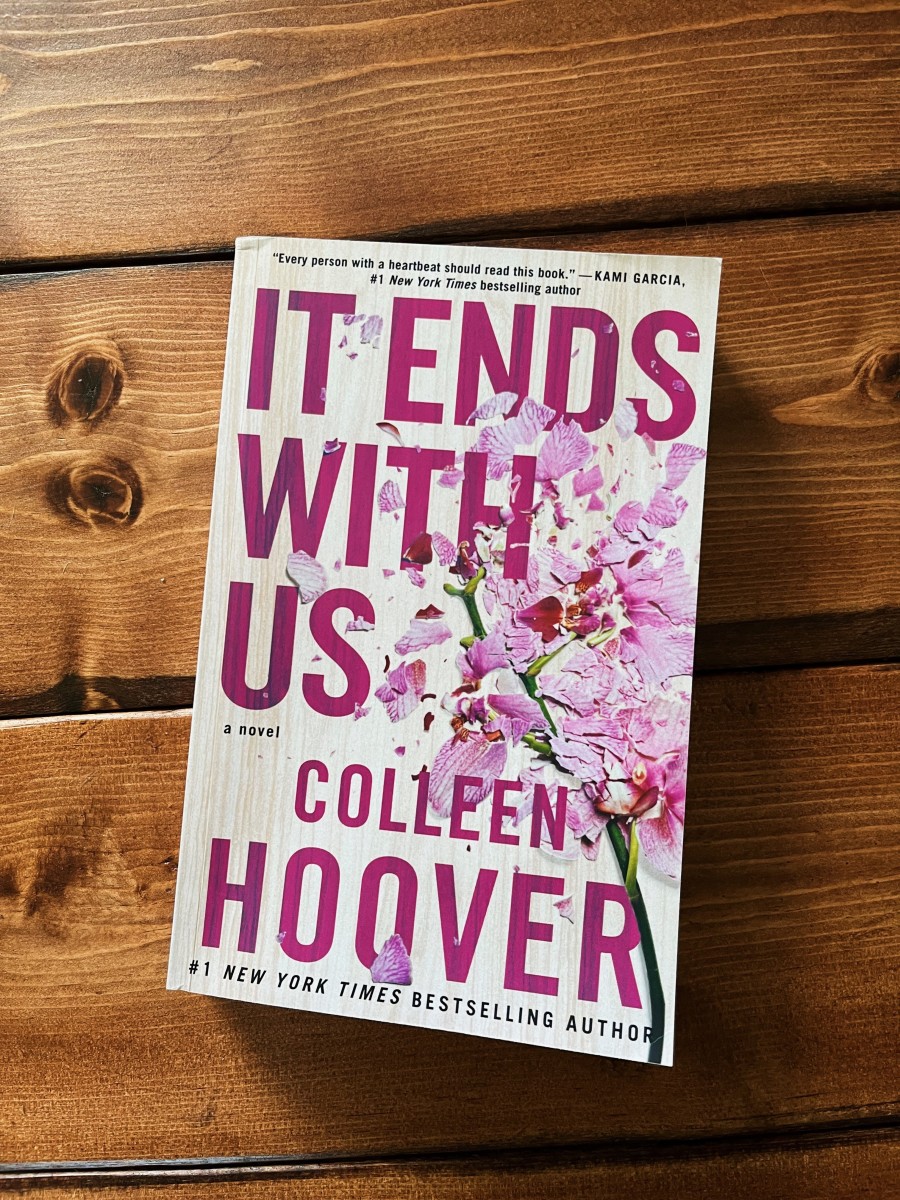
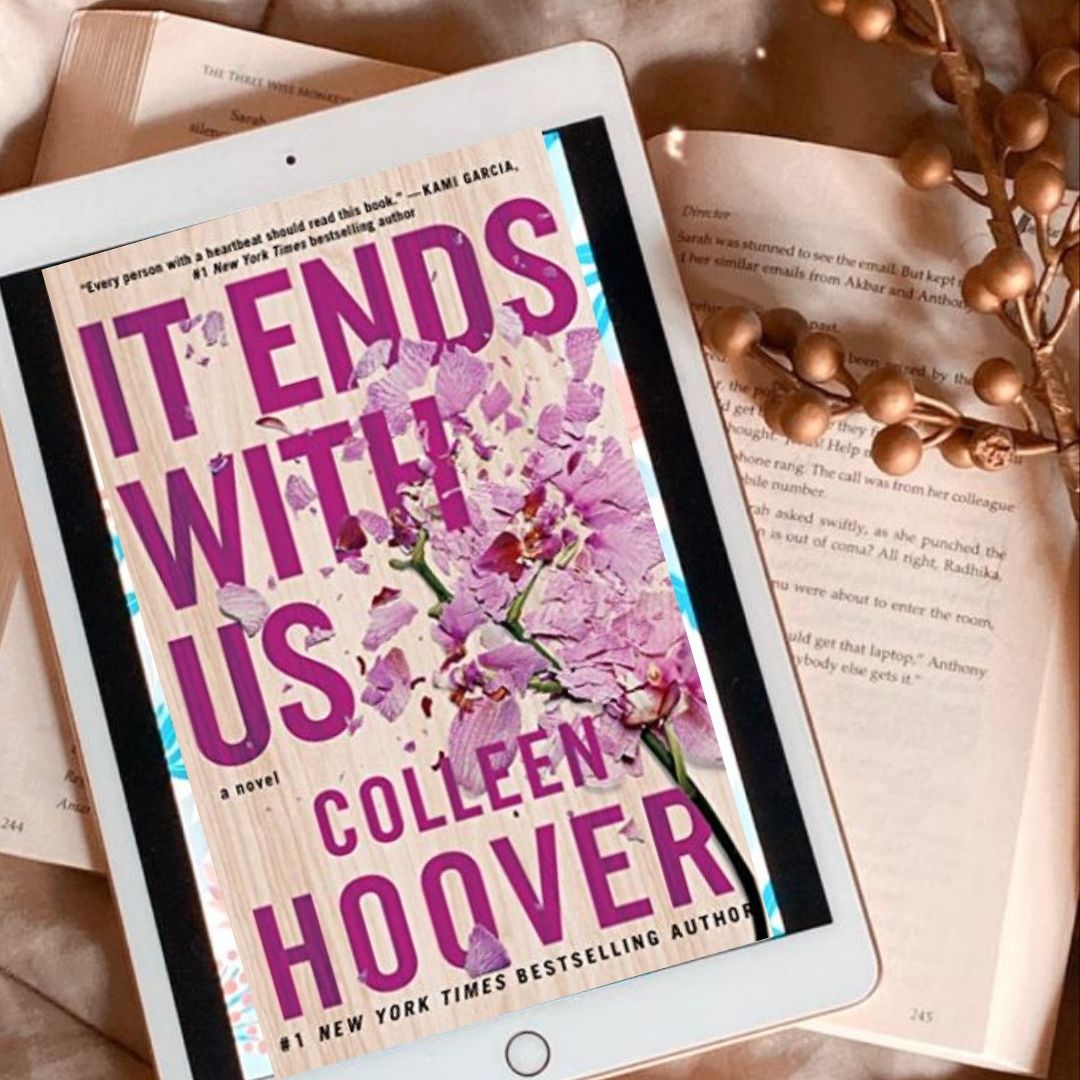

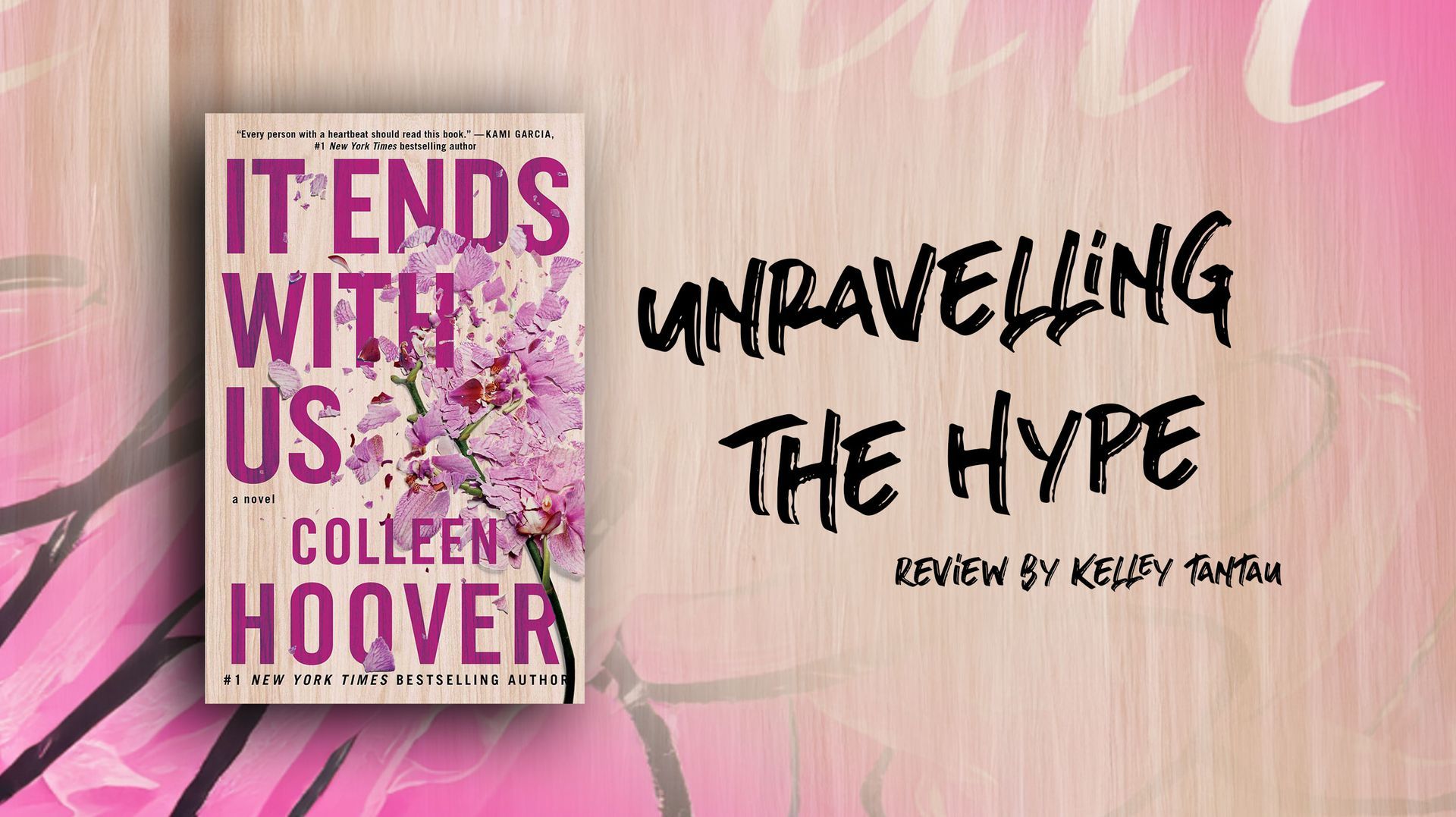
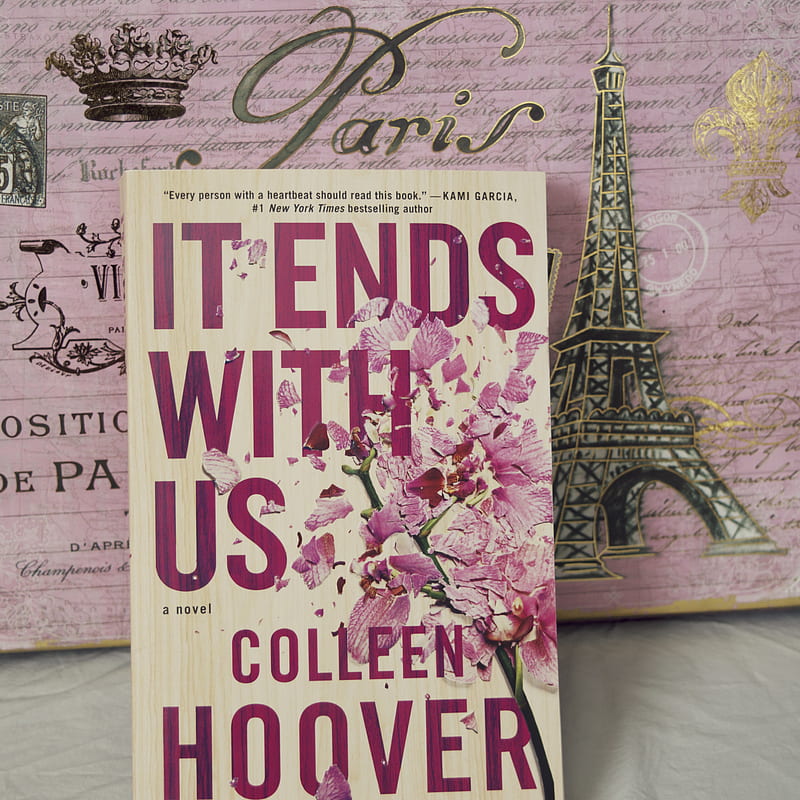
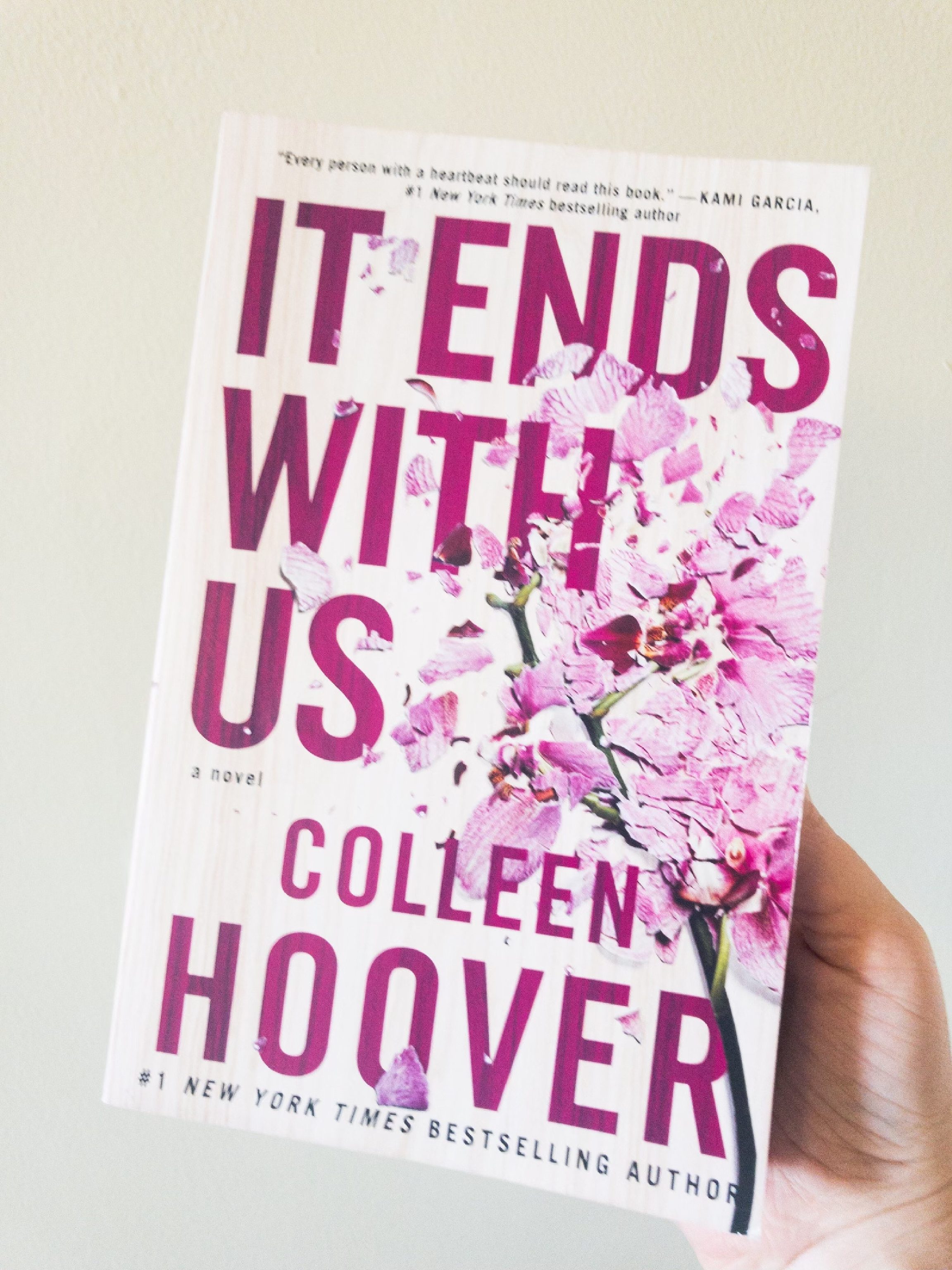

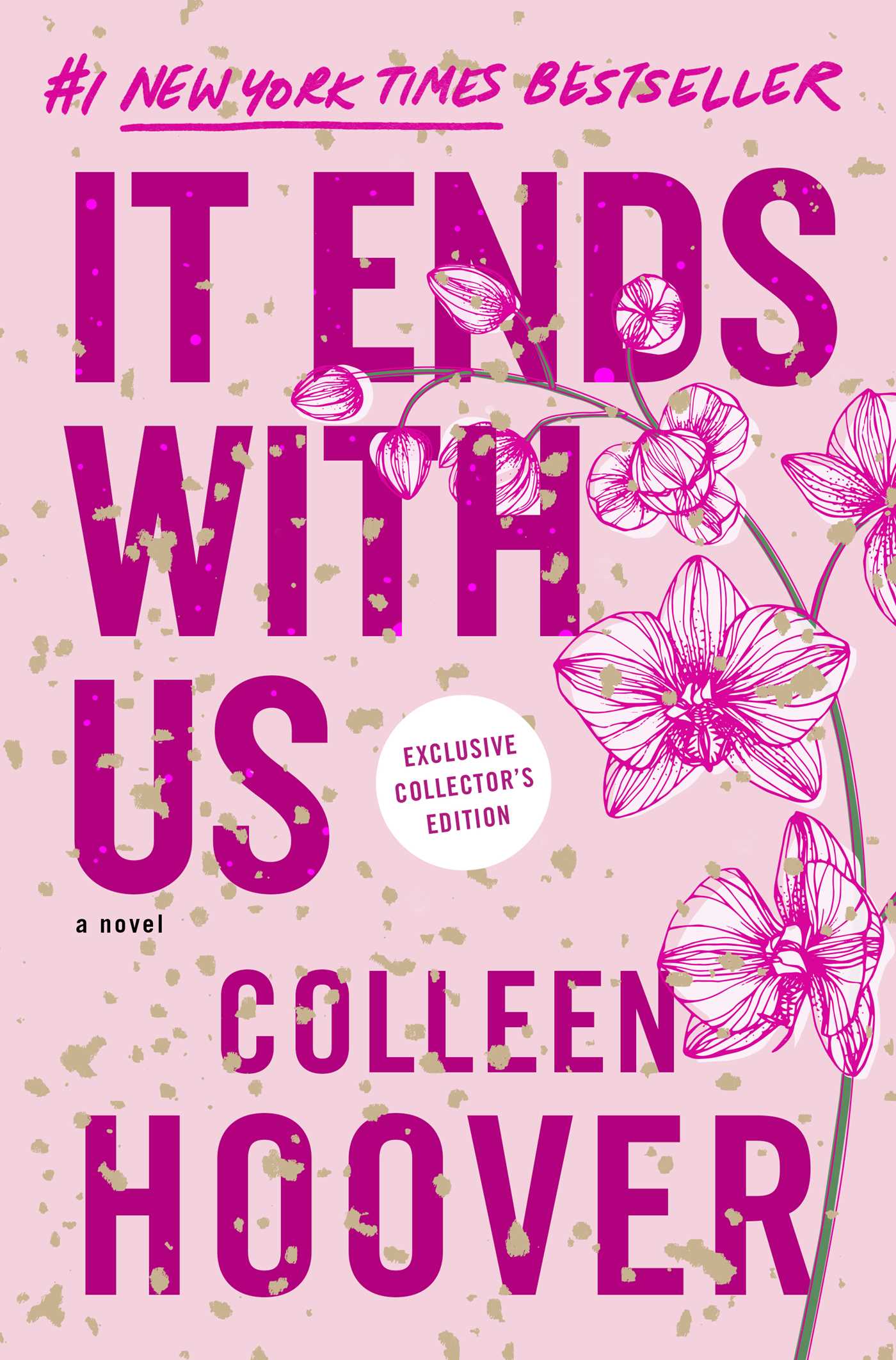
Closure
Thus, we hope this article has provided valuable insights into Whose It Ends With Us Book Review. We appreciate your attention to our article. See you in our next article!